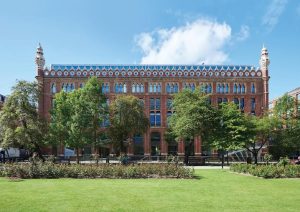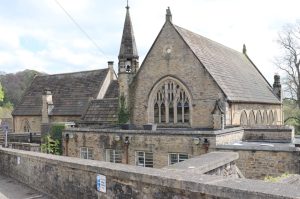Case will affect Yorkshire landlords, warns lawyer

A LANDMARK decision by the House of Lords concerning the right of a tenant to buy the freehold of a commercial property could provoke a number of similar cases, a Yorkshire lawyer has warned.
The Leasehold Act 1967 lays down the criteria under which a tenant of a house may qualify for the right to buy.
However, the case of Boss Holdings v Grosvenor West End Properties has revealed that landlords of commercial buildings now risk being served a notice by their tenant to acquire the freehold.
Gareth Owen, commercial property expert at Keeble Hawson, which has offices in Doncaster, Leeds and Sheffield, said the implications of the case were extensive.
Mr Owen said: “This case is important as a large number of buildings in Yorkshire have been originally designed and built as houses and are now used as offices and shops.
“Landlords who have invested in these buildings believing them to be commercial buildings may now find that they are not and that their tenants have a right to buy the freehold. They may then find that the value of their investment is substantially reduced.”
He said: “The building concerned was originally built as a house and occupied as such until the 1940s where for the next 50 years, situated in a prime position just off Park Lane in London, the lower floors were occupied for commercial purposes with only the upper floors used as flats.
“The property then fell into disrepair to the extent that it was incapable of being used as a residence and in 2003 the tenant served a notice on the landlord seeking to acquire the freehold.
“Under the Leasehold Act a house is defined to include any building ‘designed or adapted for living in and reasonably so called’. When the notice was served, it had had always been thought this referred to the physical state of the building and as a result the County Court and the Court of Appeal agreed that the property was too dilapidated to be used as a dwelling.
“However the House of Lords did not agree and as a matter of ‘ordinary language’ they found that the fact that a property had become dilapidated was irrelevant and did not detract from the fact that the property was designed for living in when it was first built and therefore Boss Holdings made history and acquired the freehold to the property.”








